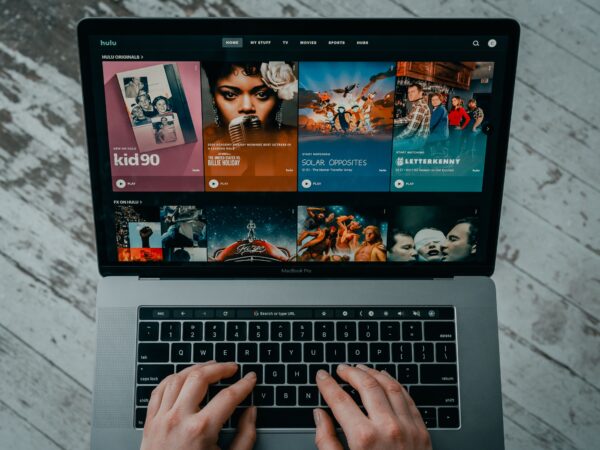Entertainment has an undeniable impact on modern society. From television shows, movies and video games to music, fashion and social media trends, pop culture has an unparalleled ability to influence our attitudes, beliefs and behaviors, as well as shape the way we view ourselves and the world around us.
In this article, we will explore the concept of pop culture, its importance in modern society, and how it has impacted individuals and communities over the years.
What is Pop Culture?
Pop culture refers to the symbols, values, practices, and artifacts that are embraced and consumed by the general public. It encompasses a wide range of expressions, including music, media, art, and fashion, among others.
Moreover, it often reflects societal trends and serves as a mirror to the values, beliefs, and attitudes of a particular society or group. It also influences individuals and society, shaping the way people understand and interact with the world around them.
Importance of Pop Culture in Modern Society
Pop culture has become an integral part of modern society, influencing the way people think, behave and communicate with each other. From the way we dress and speak to the music we listen to and the movies we watch, pop culture shapes our identity, both individually and collectively.
One of the most significant aspects of pop culture is its power to connect people from diverse backgrounds by providing a common ground for shared interests. This connection is particularly evident today with the widespread use of social media platforms.
Social media has revolutionized the way we consume pop culture and share our experiences, allowing individuals from different countries and cultures to connect with each other over a shared passion. Social media platforms have also given rise to new forms of activism and advocacy, making it easier for individuals to organize and mobilize around causes they care about.
Moreover, it has been instrumental in generating revenue, with the entertainment industry being one of the most profitable globally. Beyond financial profits, the entertainment industry has also created jobs and fostered economic growth in various communities.
How Pop Culture Influences Attitudes, Beliefs and Behaviors
Pop culture has a profound influence on people’s attitudes, beliefs, and behaviors, often subconsciously. It shapes the way people view themselves and others, fueling ideals and stereotypes that can be both positive and negative. Let’s look at some examples:
Body image: Its depictions of the ideal body type can cause individuals to develop unrealistic or unhealthy beauty standards, leading to issues such as body dysmorphia and eating disorders.
Gender roles: It also reinforces stereotypes about gender roles and norms, perpetuating harmful ideas about what it means to be a man or a woman. This can lead to gender-based discrimination and contribute to the marginalization of women and minorities.
Racism and prejudice: It often reinforces stereotypes about race and ethnicity, which can perpetuate discriminatory attitudes and behaviors. For instance, certain portrayals of Black people as violent or criminal can fuel racist ideas and contribute to systemic racism.
Political views: It can also influence an individual’s political views and beliefs. Television shows and movies, for example, may present political issues in a particular light, causing viewers to develop a specific stance on the issue.
Despite these negative effects, pop culture can also be a force for positive change. It can break barriers, promote social justice, and increase representation of marginalized groups. For example, media representation of LGBTQ+ characters and people of color has increased over the years, leading to greater acceptance and representation of these groups in society.
Conclusion
Pop culture is a powerful tool that shapes how we see the world and ourselves. While it can have negative effects, it can also lead to positive change when used to promote social justice and diversity. As we continue to consume and create pop culture, it is essential to remain conscious of its influence and work towards creating an inclusive and equitable society.











